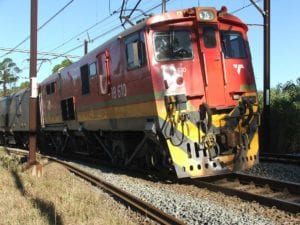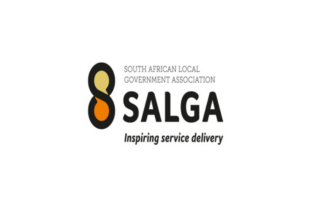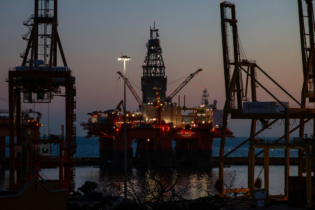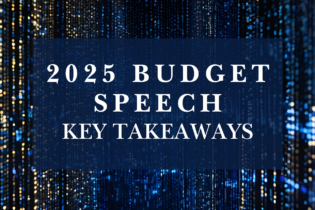At this point, the demand exceeds capacity for most commodities. We’ve always been focused on mineral and mining products. We appreciate that general freight has a huge role to play. We also appreciate that for economic growth, domestic cargo movement is extremely important and that the majority of domestic cargo at this stage is on road. So, what are we going to do about it?
We engage industry on a regular basis. The one fear that some road hauliers express is that we are going to put them out of business. Our intention is not to put anybody out of business. We want to collaborate; we want to make sure we all stay in business. Road and rail complement each other; you never have any logistics solution with either one without the other. We work very closely and have signed MOU’s with a number of road hauliers, and we continue to engage industry. The key issue behind all our engagements with road hauliers has been the relationship with clients. As business, you know the person who owns the client owns the business, so we don’t want to put anybody out of business. Our relationship is with the road haulier, the road haulier relationship is directly with the client. We don’t want to go behind anyone’s back and talk directly to their clients, that’s not our strategy. We’d rather talk to you, you talk to your client, and together we stay in business and make sure we are as cost-effective as possible. Every five hundred metres there’s a heavy haul vehicle on the N3. As much as it is good for business, it’s not good for the cost to the economy; the specific externality cost. We cannot complain about that, we must make sure we have the service to deliver an alternative. That is what informs the express train. There’s a lot of cargo that is time-sensitive; gates close and cargo needs to leave the Durban port pretty fast. The throughput on rail is way higher than you would get on the road, but if the service is not there, there’s nothing to compare. For us, it is to make sure that we provide a comprehensive service and work in collaboration with industry. This express train is going to deliver for our country and businesspeople at large, a great solution.”
The 4th and final Logistics Business Breakfast for 2015 took place on 13 October at the Johannesburg Chamber of Commerce and Industry (JCCI).
The theme of the event was ‘Rail and Intermodal Transport’ and was designed to stimulate debate, foster better understanding among stakeholders and ultimately realise a more competitive supply chain.
The below is a transcript of the speech delivered by Nisha Jones, Transnet Freight Rail:
“We haven’t launched the express train yet, but, are very excited by the opportunity the express train will deliver for us – as a country – most importantly before we say to Transnet. As a country, we need to develop. We’re not judged on whether it’s Transnet or any other logistics company when the costs of logistics are being discussed.
It’s looked at from the view of: Is our country competitive in relation to other countries with regard to logistics and logistics cost? We work exceptionally hard and are very committed to ensuring that we deliver to industry what industry rightfully deserves, because we need to ensure that our businesses stay afloat and are sustainable, including our own.
Looking at the needs of industry and where cargo is, we all clearly know that the majority of cargo is on road and that government’s strategic objective is to move cargo off the road and onto rail. That is what informs the huge investments Transnet Freight Rail (TFR) is making in terms of ensuring it delivers rail capacity ahead of demand.








